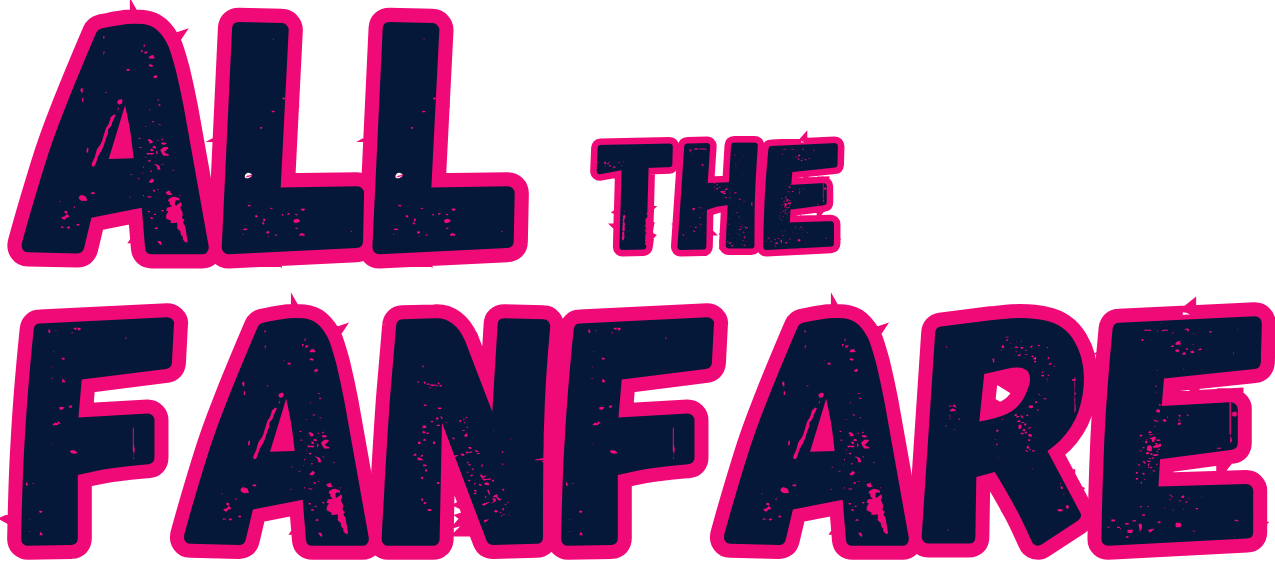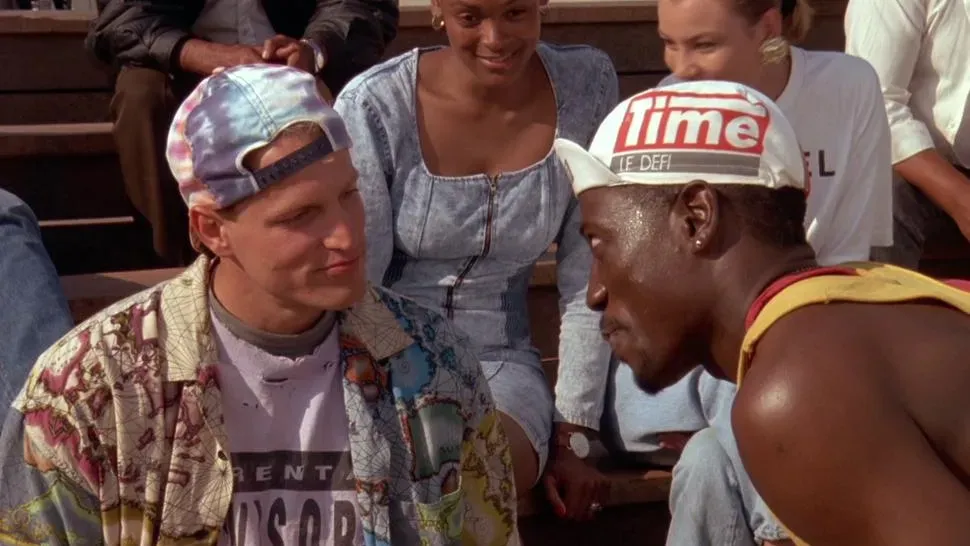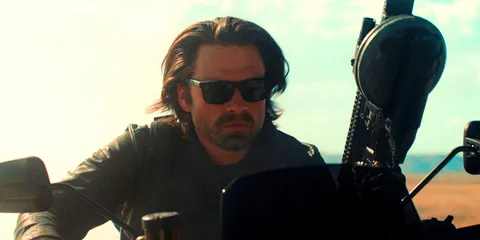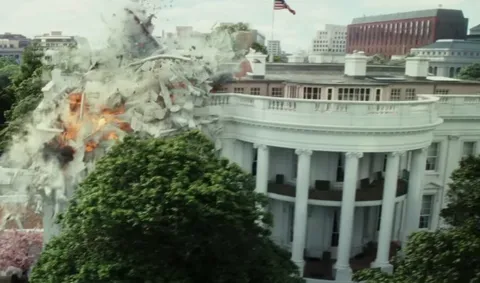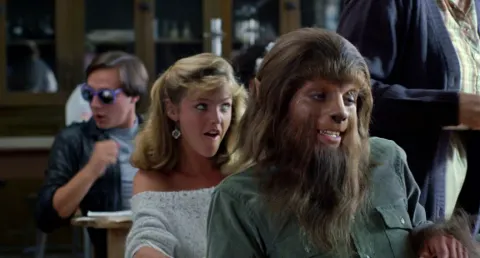It took until 2023 for me to realize White Men Can't Jump (1992) is a basketball movie that's not really about basketball.
Obviously, basketball is central to the story. Many of the pivotal scenes occur on the court, and the street ballers' outsized bravado and rough verve give the film its unique texture. But basketball is the movie's unique blend of herbs and spices, not the actual meat.
White Men Can't Jump (henceforth WMCJ for reasons of sanity) is about relationships, and our self-destructive natures, and racial stereotypes (duh, that’s in the title), and the beauty of new dreams, and the pain of letting go of old ones, and how sometimes when you win, you actually lose. There's even some "Men Are from Mars, Women Are from Venus" energy tossed in for good measure.
If that list isn't enough to convince you, I devoted an entire section of this article to exploring why WMCJ is a basketball movie that's not about basketball. It's coming—trust me.
I first watched WMCJ sometime in the 90s, and I last watched it also sometime in the 90s. Insulated by roughly 25 years and the associated erosion of memory, it's tempting to say I just forgot what WMCJ is really about. But that gives past-me far too much credit.
I was a teenage boy in the 90s, and everything was seen through that fractured prism. WMCJ was about the three things of paramount interest in my life: girls, hoops, and being cool. Thus, my clearest memories of the movie involved Rosie Perez, basketball, and Wesley Snipes. (I've since come around on Woody Harrelson, but in 1992 he was more geek than chic, and WMCJ doesn't do him any favors. He spends the entire movie dressed like a colorblind hobo.)
I trust I don't need to explain the appeal of Rosie Perez.
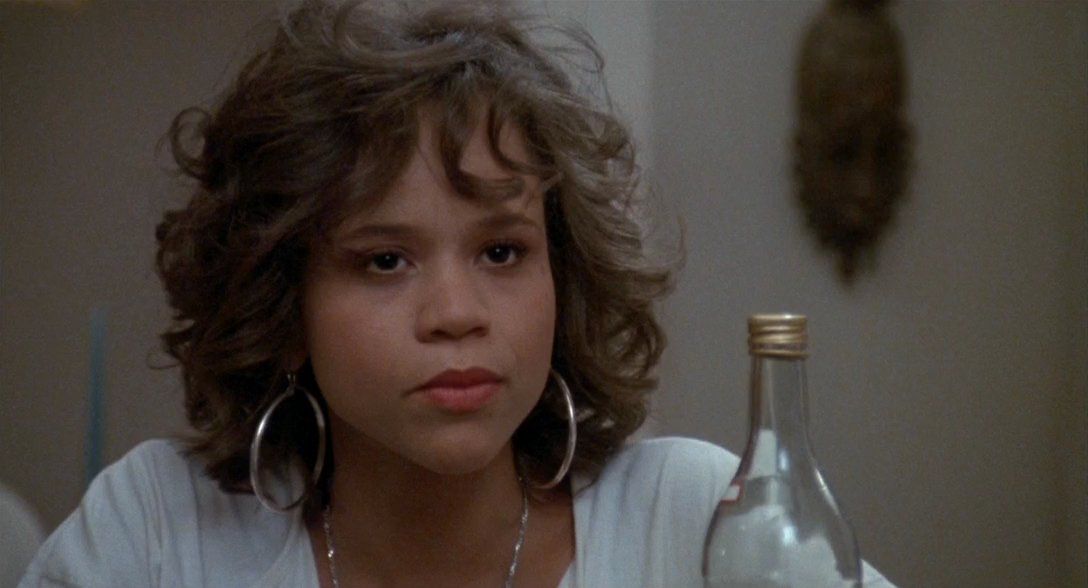
The 90s were my Basketball Years. My brother and I practically lived at the community center. Even though I loved sleeping in, I'd regularly get up at 6 AM on Sunday to play against grown-ass men. Among other things, WMCJ is about the sport's outsized influence on the characters, who continually postpone the realities of adulthood by clinging to the game. As someone who cut college classes to get more time on the court, that hit me where I lived.
As for Wesley—he was my guy. His scene-stealing performance as Willie Mays Hayes in Major League (1992) immediately put him on my radar, and New Jack City (1991) sealed the deal. I recently rewatched New Jack City and WMCJ, and I was legitimately shocked to discover how many quotes I've permanently borrowed from Wesley Snipes films. Here's just a few:
- "See ya, wouldn't want to be ya." (New Jack City and WMCJ) It's so nice, Wes used it twice.
- "Always bet on black." (Passenger 57) It's admittedly a weird thing for a pasty-white kid to go around saying, but I didn't care. It's such a mic drop.1
- "You either smoke or you get smoked." (WMCJ) C'mon, man. What a flex.
WMCJ also taught me, "Ain't no thing but a chicken wing on a string from Burger King," so Snipes' quotes aren't entirely undefeated. Often what seems cool in the moment is revealed to be the exact opposite with time and perspective. But in the 90s, Wesley Snipes was the epitome of cool. And that holds up despite him spending most of WMCJ wearing biker shorts, two tank tops, and a cycling cap with the teeny brim flipped up for some unknown reason.2

Snipes plays Sidney Deane with all the brash confidence of a gambler who hits far more than he misses, even if he has to borrow 20 to cover a $67 bet. He's a hustler, both in the traditional sense and the nouveau, gig economy one. Sidney collects jobs like Pokémon. "I got lots of jobs. I got the cable thing, I got the roof thing, I got the paint thing, construction is a little slow right now, but basketball is still putting food on the table."
Billy Hoyle (Harrelson) is the antithesis of Sidney in practically every way. Most notably: He supports himself and Gloria (Perez) exclusively through hustling people on the court. It seems like that would make for some pretty lean days, but it's clearly lucrative just from the way everyone judges him at a glance. Then again, there's only so many courts and only so many players you can dupe before you need to move on.
Unlike Sidney and all his jobs, Billy has no plan B. It never even occurs to him that he might need one. You could argue Gloria getting on Jeopardy! is plan B—don't worry, we'll be talking about that subplot—but Billy sees her dream as something silly and outlandish, which is pretty rich when you think about it. "Honey, Jeopardy! ain't gonna call. When are you going to wake up?"
Backasswards chivalry or offhand misogyny
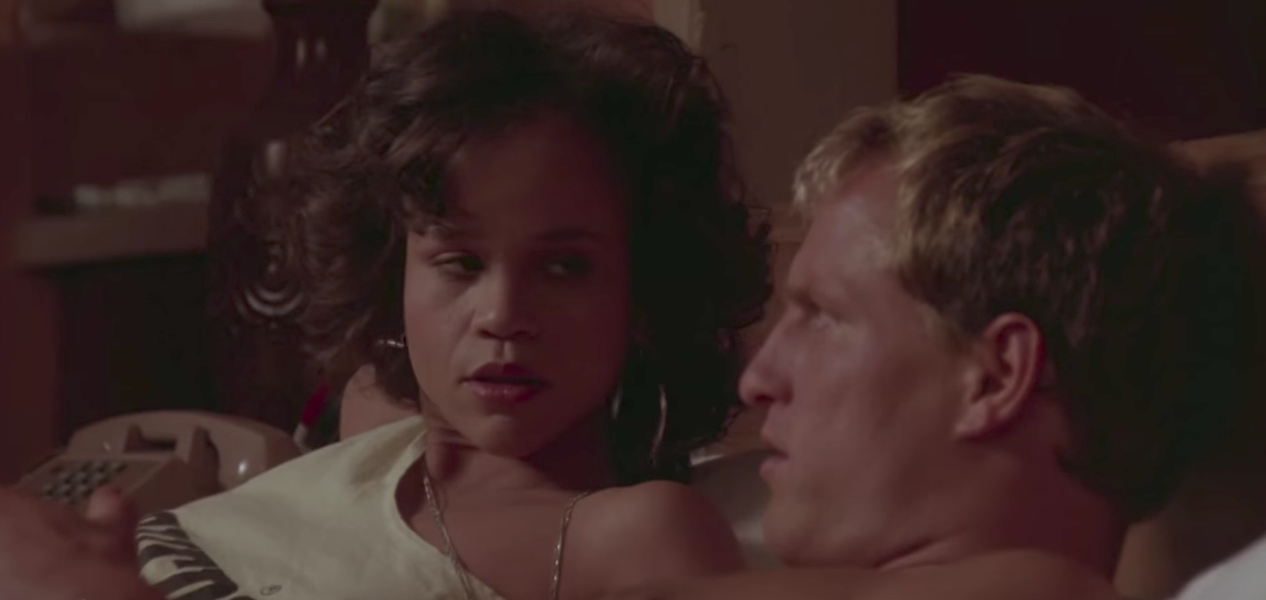
One of the film's reoccurring themes is how the men are the breadwinners while the women sit home and do woman-things, which seems to consist of raising children, reading, grocery shopping, and day drinking.
Sidney takes pride in his ability to provide, despite the fact that his provision has them living in a ghetto apartment. As his wife, Rhonda Deane (Tyra Ferrell), hilariously describes it, "All I care about is getting out of the damn Vista View apartment building because there ain't no vista, there ain't no views, and there sure as hell ain't no vista of no views."
Rhonda continually tells Sidney she wants to work. It's never an indictment of Sidney or his ability to bring in money. Their situation sucks and she wants to contribute. But Sidney shoots her down every time. He needs to be the hero. It's only after their apartment is broken into and all their stuff is stolen that he finally relents. Of the two leading men, he's the least-bad.
Billy is a damn mess.
Let's start with the fact that Billy is on the run from a couple of mafioso types called the Stucci brothers. Billy was supposed to throw a meaningless college basketball game to square a debt Gloria had with them, but he reneged after a player on the other team started trash talking. "Guy said I couldn't score. He called me a honky motherfucker."
Billy's pride is basically the 4th-leading character in this movie.
